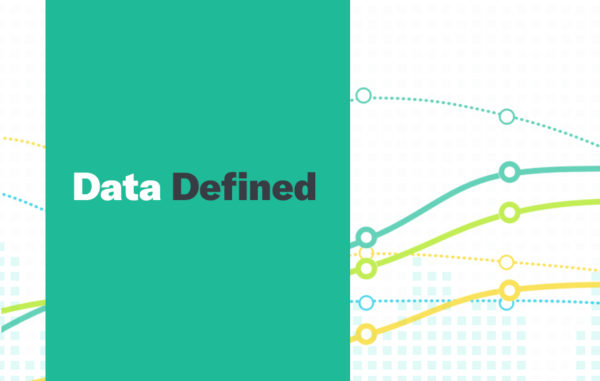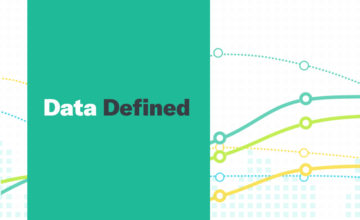Apache Kafka Defined
Apache Kafka is a community distributed event streaming platform, which is capable of handling trillions of events a day.
Kafka is used for real-time streams of data, to collect big data and, or to do real time analysis.
It is used with in-memory microservices to provide durability while also being used to feed events to CEP (complex event streaming systems) and IoT/IFTTT-style automation systems.
Kafka is generally used for two broad classes of applications:
- Building real-time streaming data pipelines that reliably get data between systems or applications and;
- Building real-time streaming applications that transform or react to the streams of data
Advantages of Kafka include:
- Low Latency: Theplatform offers low latency value.
- High Throughput: Kafka is able to handle more number of messages of high volume and high velocity.
- Fault tolerance: It has an essential feature to provide resistance to node/machine failure within the cluster.
- Durability: It offers the replication feature, which makes data or messages to persist more on the cluster over a disk, making it durable.
- Reduces the need for multiple integrations: All the data that a producer writes go through Kafka.
- Easily accessible: As the data gets stored in Kafka, it becomes democratized and accessible to anyone.
- Scalability: The quality of Kafka to handle large amounts of messages simultaneously make it a scalable software product.
Companies currently using Kafka include:
- Uber
- Spotify
- Slack
- Shopify
- Coursera
In Data Defined, we help make the complex world of data more accessible by explaining some of the most complex aspects of the field.Click Here for more Data Defined.


